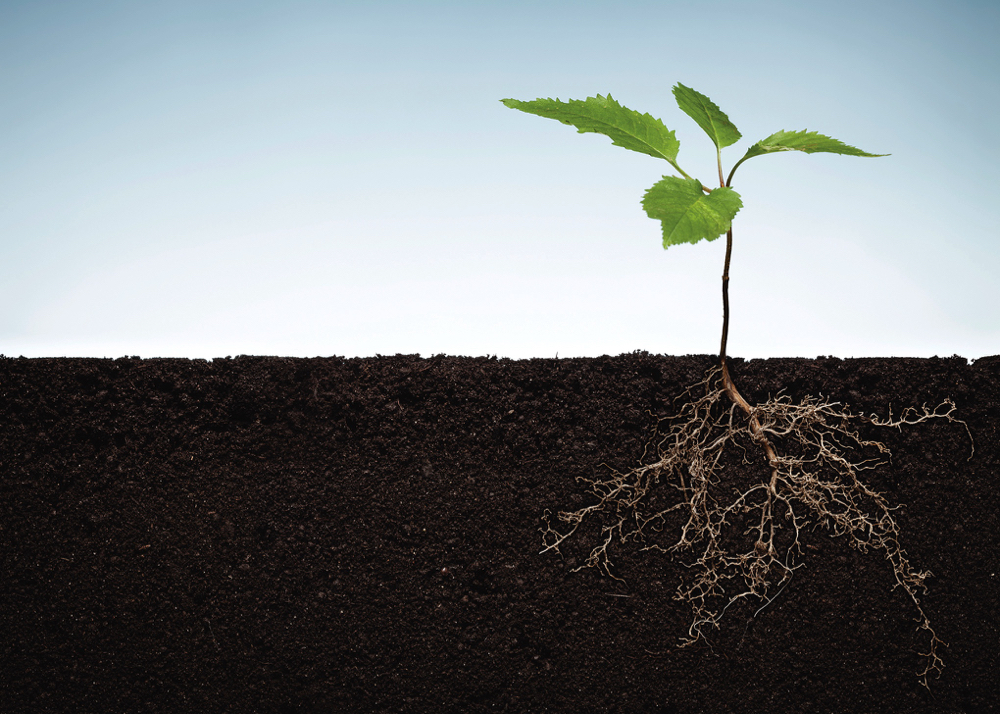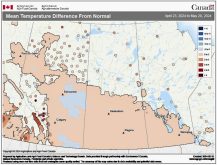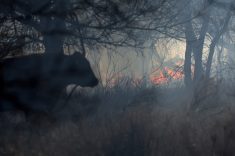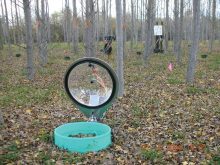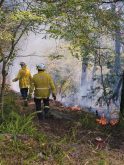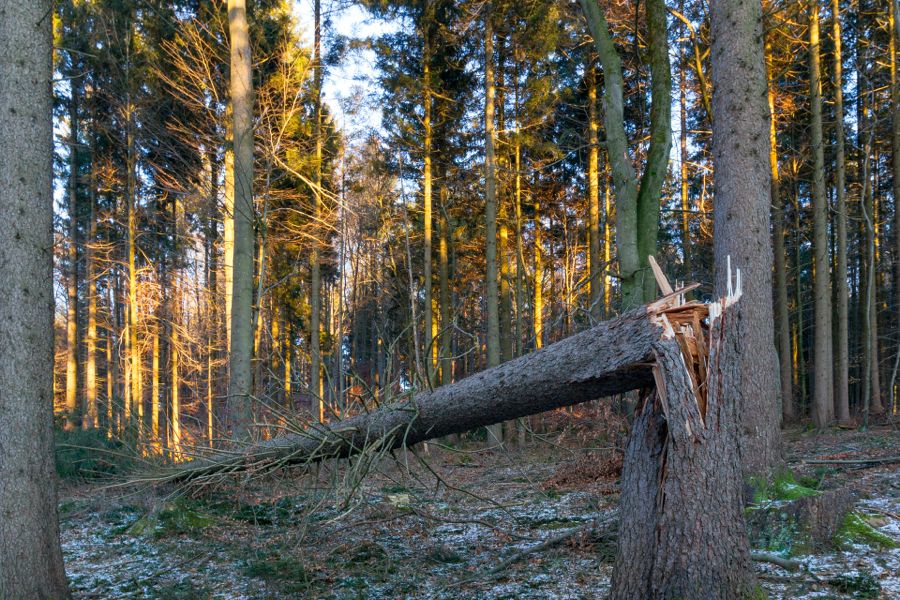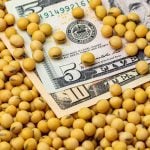Reuters – The United States is facing a shortage of the native seeds it uses to restore natural habitats damaged by wildfire and other weather events made worse by climate change, according to a report released recently by the U.S. National Academies of Sciences, Engineering, and Medicine.
Extreme weather events, especially wildfires, are causing more severe damage, something the Biden administration recognized last July when it tripled funding for U.S. Forest Service reforestation efforts.
But the country’s supply of native seeds, plants and trees is insufficient to meet the needs of agencies like the forestry service or the Bureau of Land Management (BLM), the top user of native seeds, which commissioned the report.
Read Also
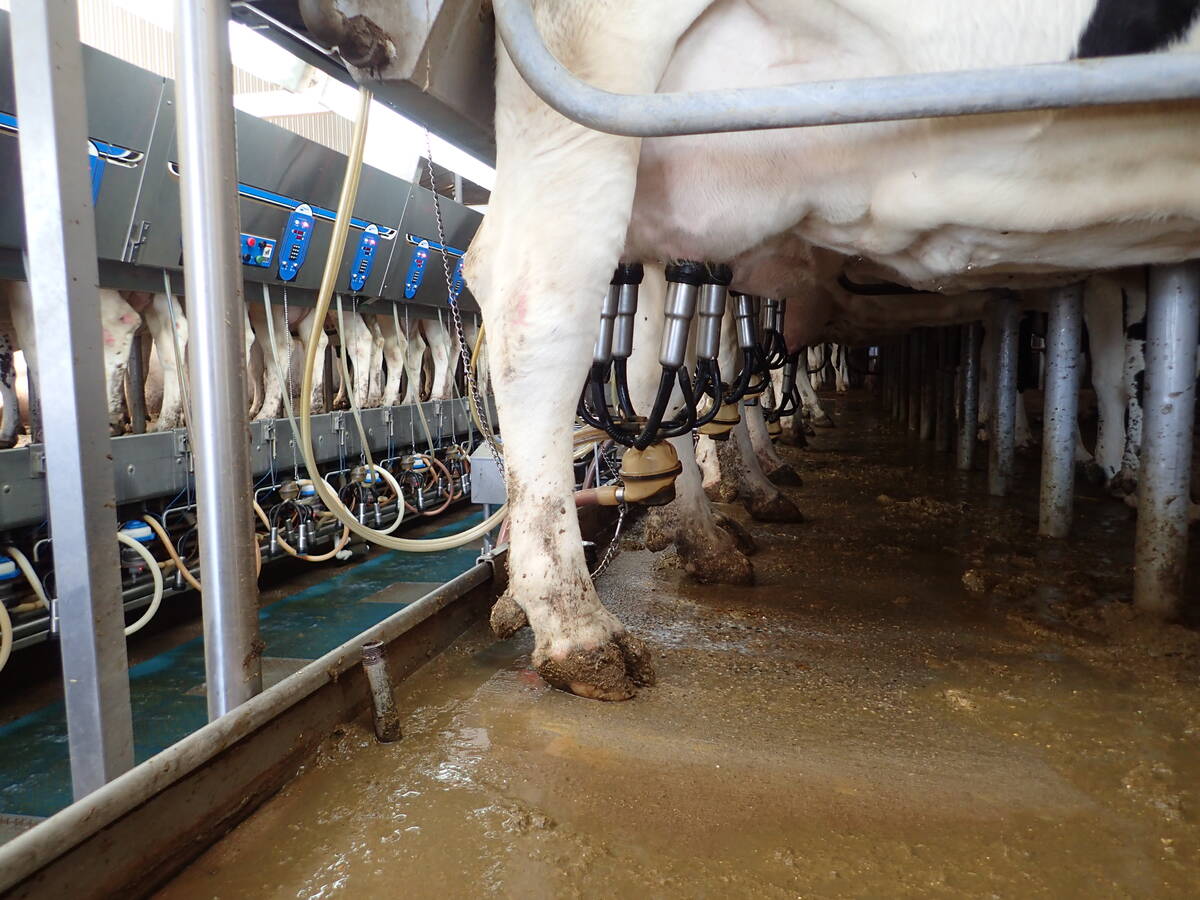
Manitoba dairy farmers not bothered by milk price freeze
Manitoba announced the 2026 freeze on retail milk prices for one-litre jugs on Jan. 13.
“The federal land-management agencies are not prepared to provide the native seed necessary to respond to the increasing frequency and severity of wildfire and impacts of climate change,” the report said.
A BLM spokesperson said the agency was reviewing the report and could not comment on specific findings, but director Tracy Stone-Manning said the recommendations “represent an important opportunity for us to make our collective efforts more effective.”
A forestry spokesperson said the agency is looking at ways to increase its replanting and seed procurement capacity.
Native plants are best for habitat restoration and often preferred by agencies, states and tribes because they are well adapted and beneficial to local animals and insects, said Susan P. Harrison, an environmental science and policy professor at the University of California-Davis and chair of the committee that wrote the report.

